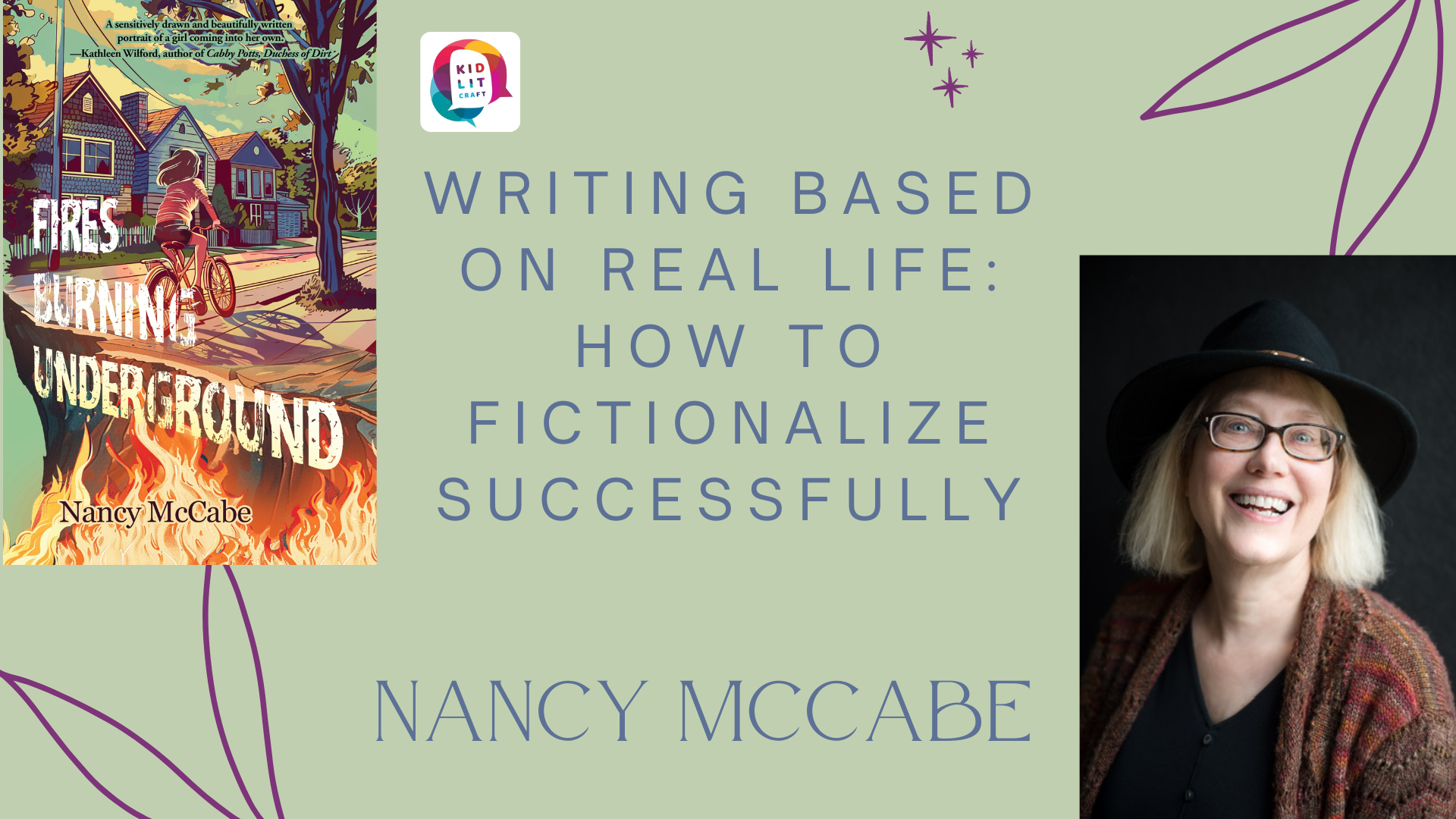Politics, It’s Personal: Stirring the Epiphanic Political Awakening in Dear Rachel Maddow, Part 1
craft review by Sarah S. Davis
When readers meet Brynn Harper at the beginning of Adrienne Kisner’s Dear Rachel Maddow (2018), her life is in freefall. Dumped by Sarah, her high-achieving girlfriend, Brynn has also recently been kicked off the school paper because of poor academic progress. Meanwhile, at home, after losing her beloved older brother to drugs, Brynn is forced to live with her mother’s abusive new husband. Struggling with a learning disorder and lacking motivation, Brynn is placed with other special needs and academically challenged students whose classes are held in the school basement.
In a potentially lame assignment, Brynn’s Applied English teacher, Mr. Grimm, asks her to write to a celebrity hero. Brynn chooses MSNBC anchor Rachel Maddow, both because Sarah is a big fan and because Maddow’s show angers her mom. As she writes to Maddow,
. . . I turned on your show and Mom totally freaked out to see me watching you. Apparently your liberal and leftist views don’t sit well with her. Mom spat out the words like she was talking about my dad, so I knew she meant it. That made you my celebrity hero.” (1)
However, watching Maddow’s show, and writing increasingly more confessional emails that she saves in drafts, provides some much-needed consistency for Brynn.
While choosing Maddow might have started as a way to impress her ex-girlfriend and annoy her mother, Brynn gradually internalizes Maddow’s fearless critique of corrupt power and challenge to the establishment as she herself gets drawn into school politics in two elections. For Brynn, what starts out as external politics becomes personal.
ShapingBrynn’s Unlikely Epiphany
Student government is an abstract concept for Brynn and her Blue Room peers, something that does not touch their lives, something reserved for the preppy and powerful. The honors students will run and win so they can put it on their college applications as they always have year after year, and nothing will really change. After all, wealthy elitist and frontrunner Adam coasts on a platform of giving more resources to the honors kids, not taking them away from the special education students. Adam’s win would continue a long tradition that Brynn and her peers are used to: the wealthy and connected hold positions of power while those who struggle against academic and personal challenges remain voiceless.
Beyond the classroom, the American government Brynn sees on Maddow’s show often follows a similar narrative of institutionalized inevitability. However, rather than buy into the system like she’s supposed to, a newly empowered, Maddow-watching Brynn begins to question the status quo. By watching her new hero, Brynn begins to believe that an individual can make an impact even in the most hopeless of contests: no fight is lost until it’s been fought. Maddow helps Brynn believe in fighting for your voice to be heard, whether by casting a vote or even putting your own name on the ballot, as Brynn eventually and reluctantly does.
It’s important to note how Kisner shapes Brynn’s epiphany that she is the best person to run first for a spot in the superintendent selection committee and later for student body president. Like Brynn’s classmates and friends, the reader can sense early on that she would be an excellent representative. Brynn is generous, smart, and quick-witted, with a bit of an edge to her that means she can be unpredictable, a bit of a wild card. She is protective of her fellow Blue Room students, in particular her friend and tutor, Lacey.
But it’s not enough that the reader sees why Brynn would make a great representative for her school. In order to make Brynn’s epiphany satisfying and authentic, she has to arrive at it herself. To get her there, Kisner throws plenty of internal conflict at Brynn so the epiphany isn’t easy, but rightfully earned. The biggest obstacles keeping Brynn from throwing her name in the running are rooted in her mind. Brynn holds on to a set of core beliefs—a concept I’ve adapted here from cognitive behavioral psychology—that inform her every action, that she is damaged, worthless, and above all, stupid.
When her friend and future girlfriend Michaela tells Brynn she should run, Brynn responds,
"There’s no way anyone would elect me. I’m a nobody. A blue room nobody at that. And I’m not like a genius candidate like Lacey or anything." (72)
Michaela dismisses Brynn’s conception of herself as stupid by replying,
“You are smarter than you let on . . . . And intelligence has nothing to do with why any of you are down there and you know it.” (73)
Still Brynn resists, and reveals that “I don’t really give a shit about me, either” (74). In Brynn’s mind, she is already a loser and everyone knows it, so why lose at one more thing, and in such a public way?
If Brynn were to enter the election, she would be putting more than just her positions on the ballot; she’d be putting Brynn Harper on the ballot, too. Every vote against Brynn would make her confront the familiar feeling of rejection all over again. The near-certain defeat would be a resounding validation of her conviction that she is, at heart, a loser.
Watch for Part 2 of this post next week, where we see how Kisner creates stakes that push Brynn to take action, and why political narratives are key for teen readers.




